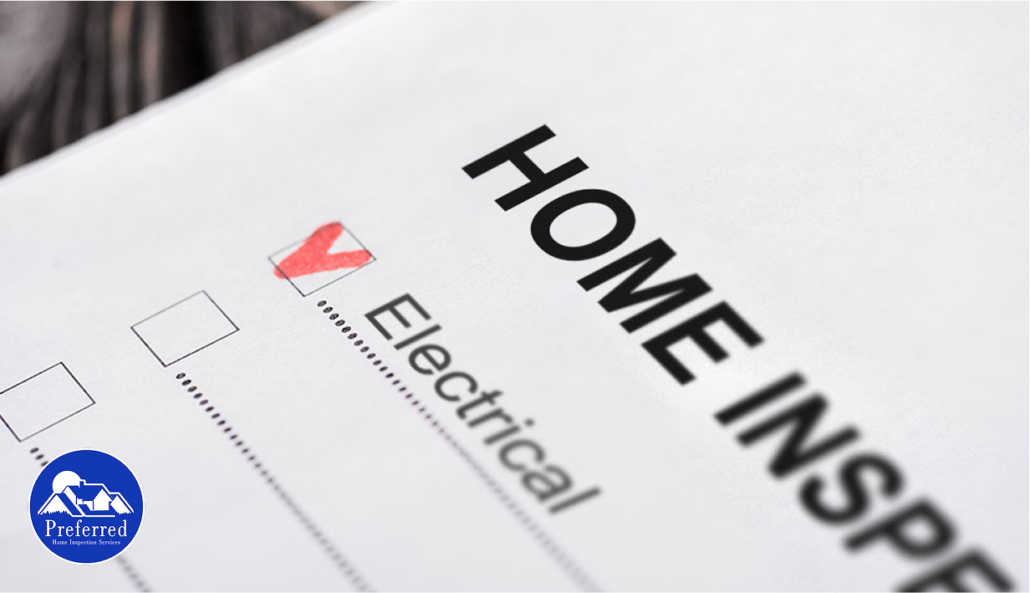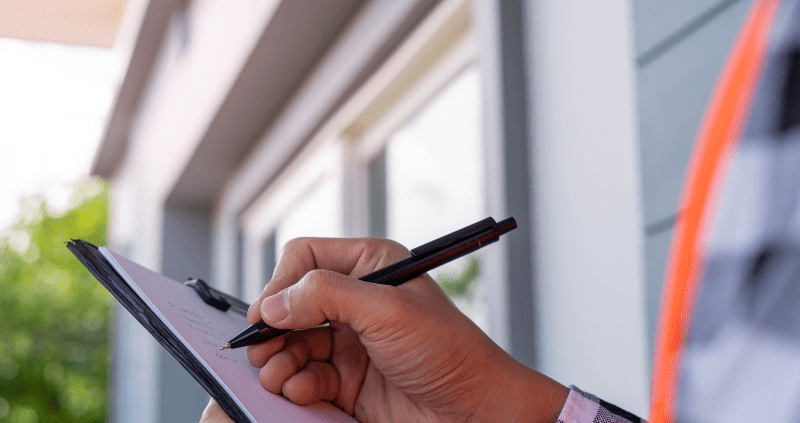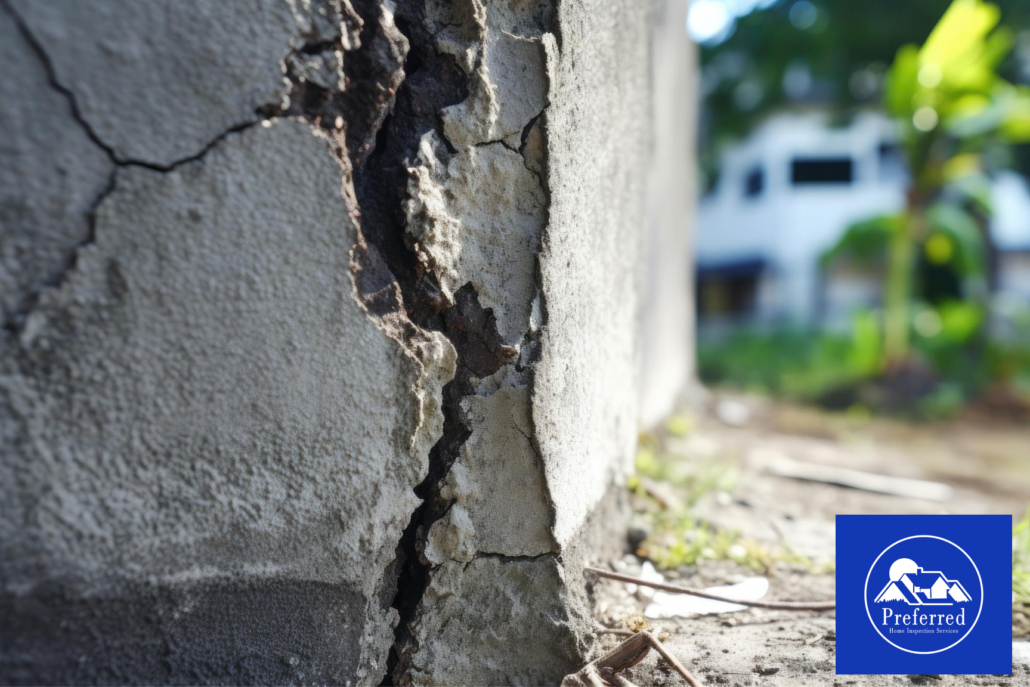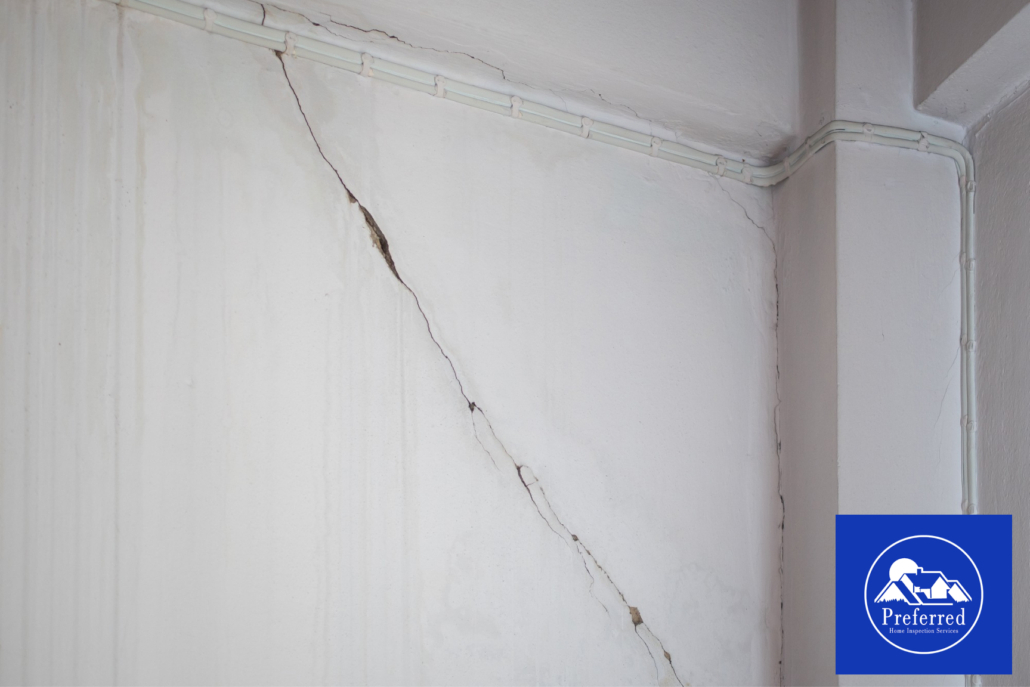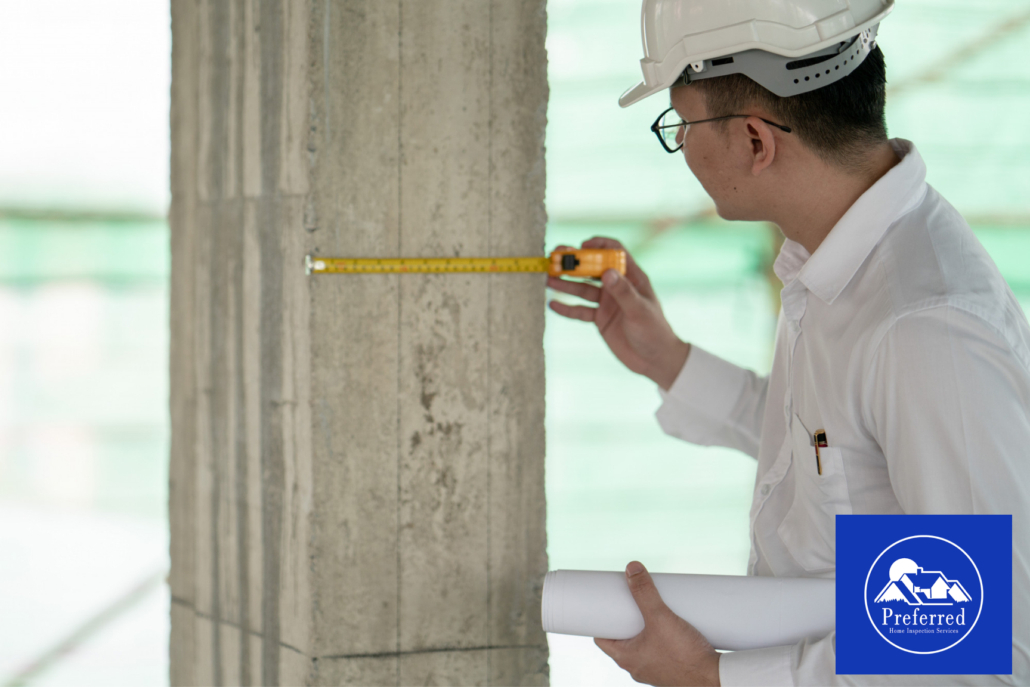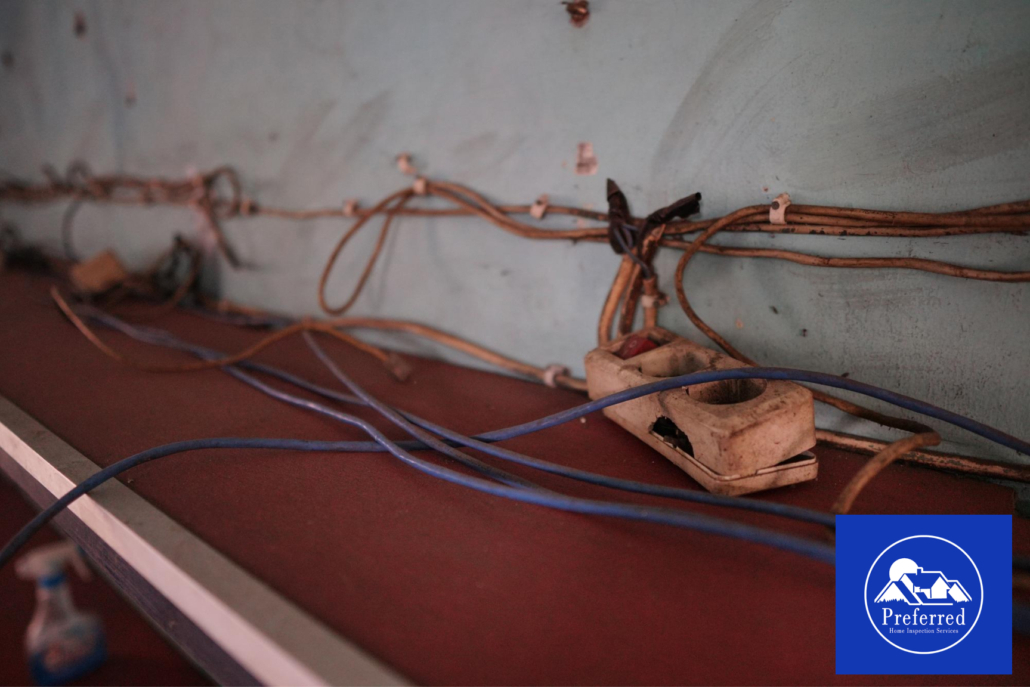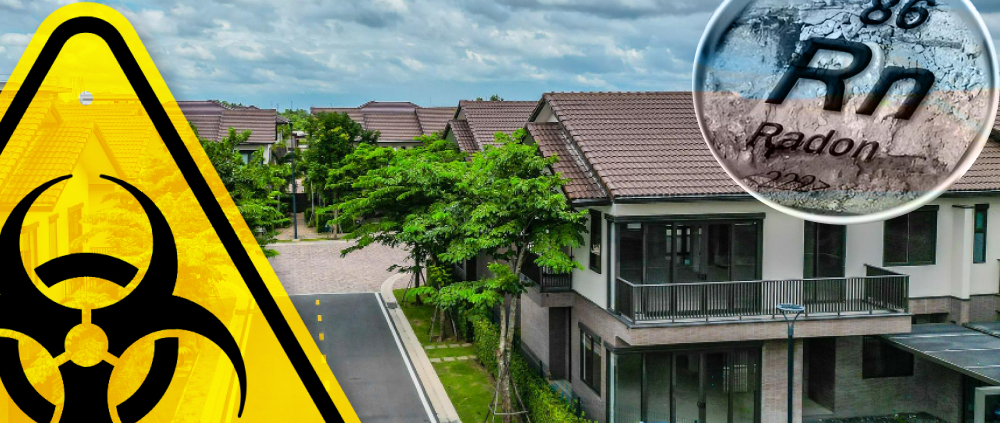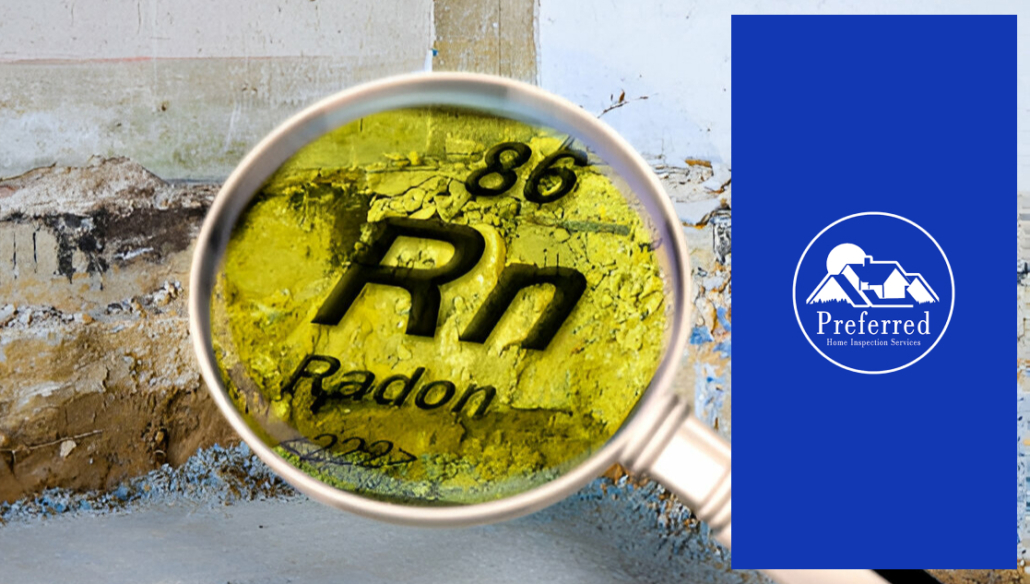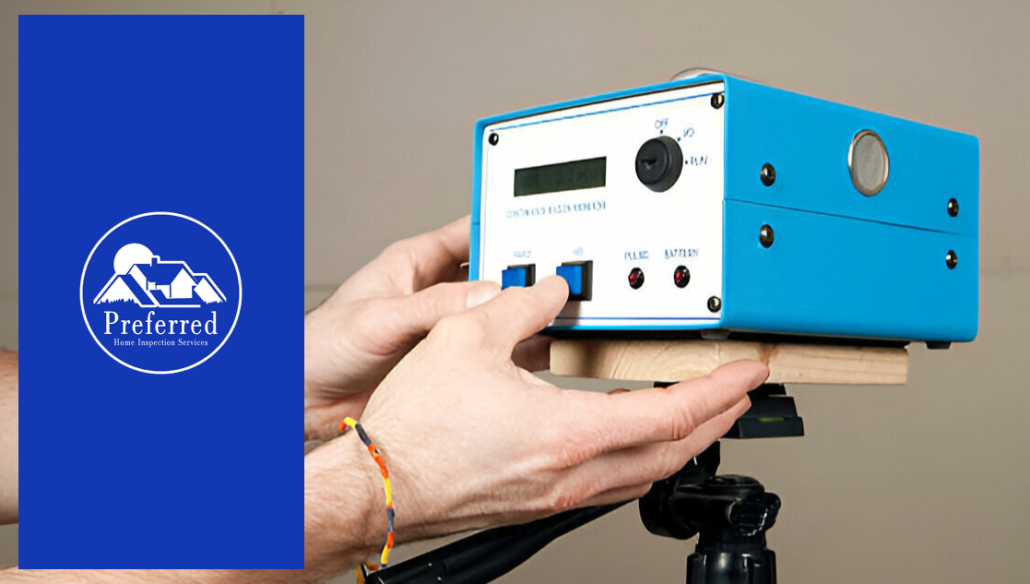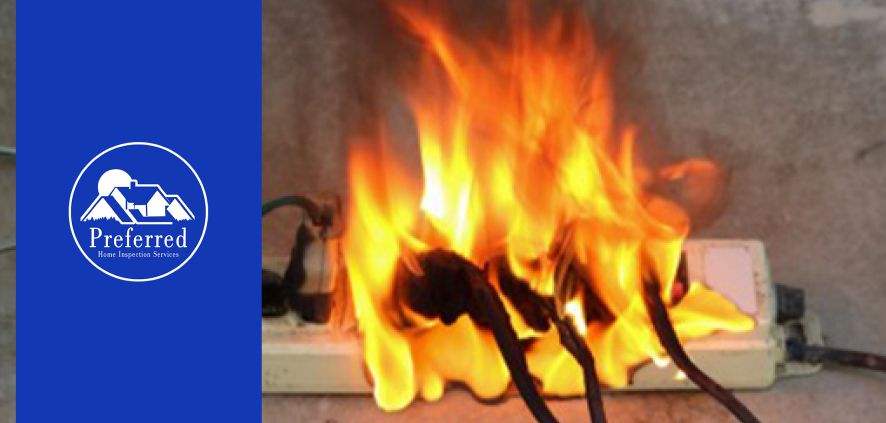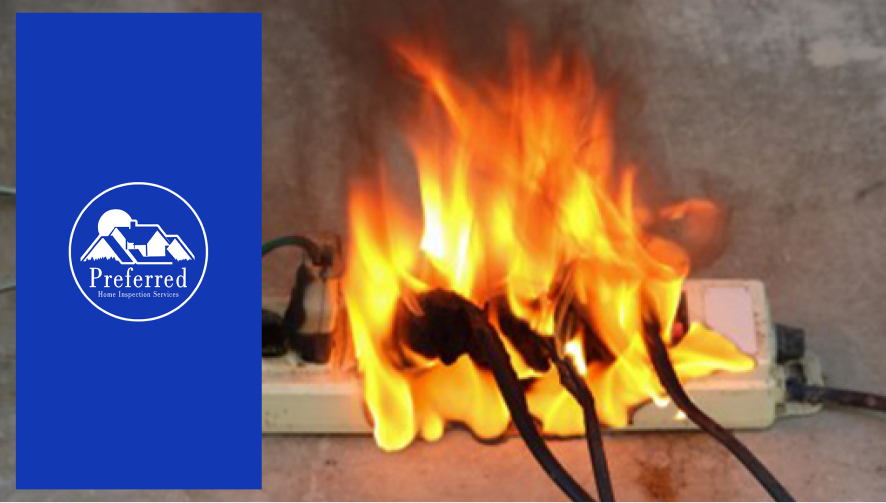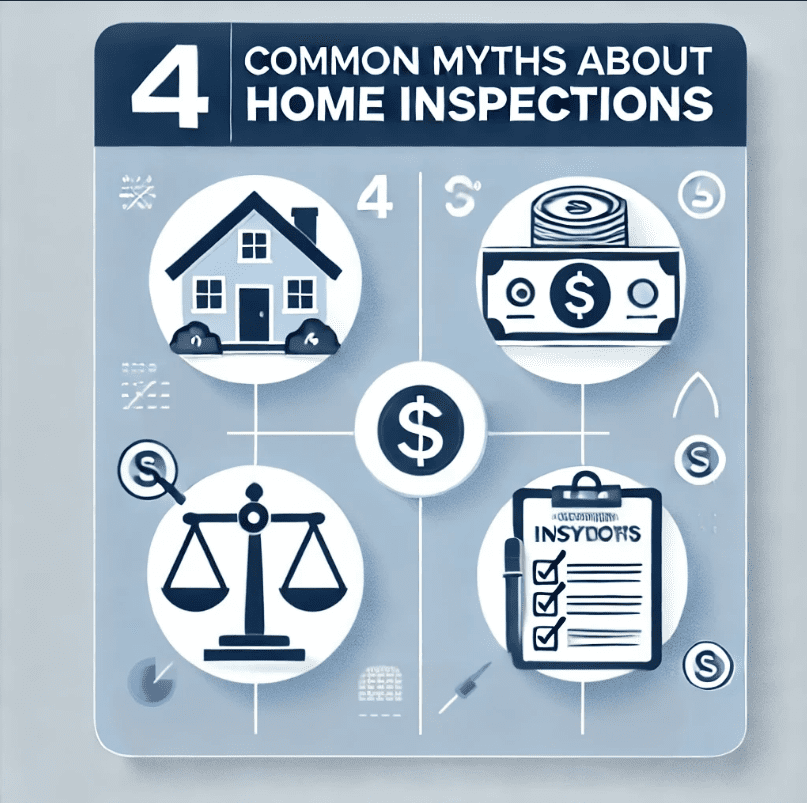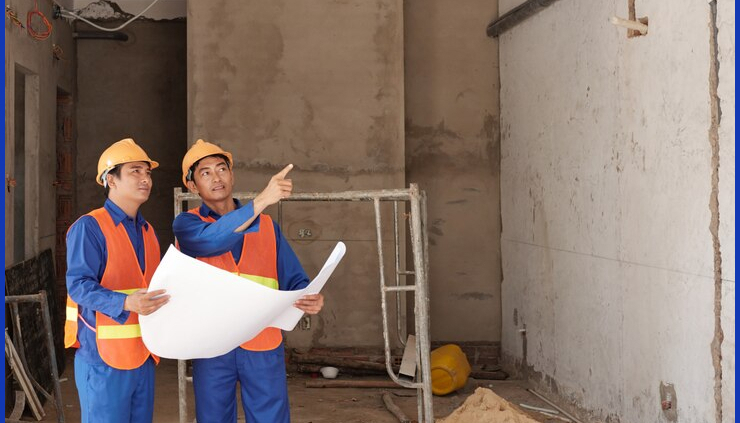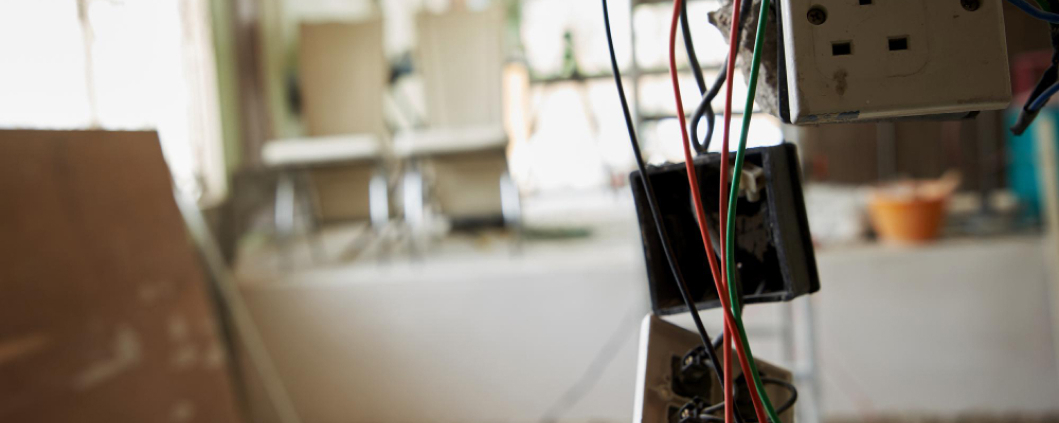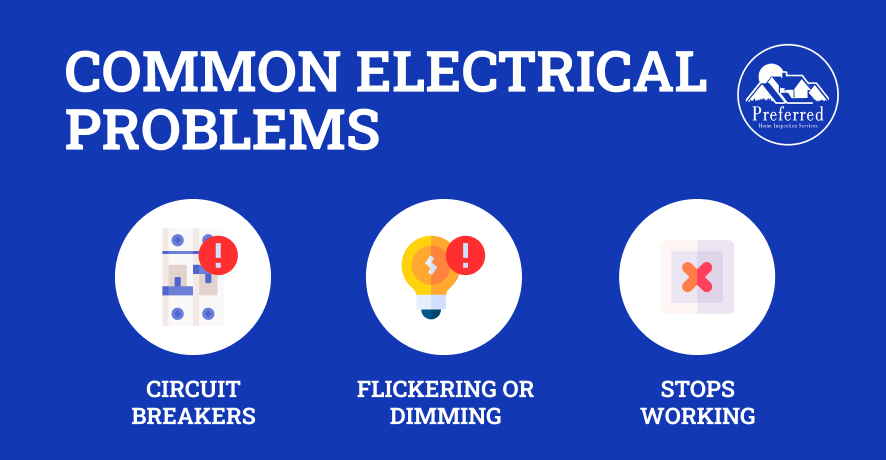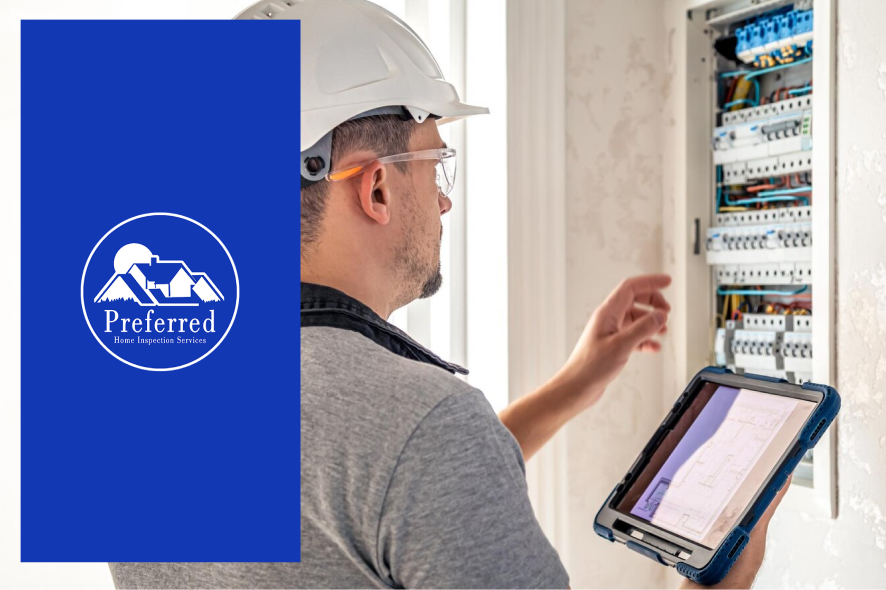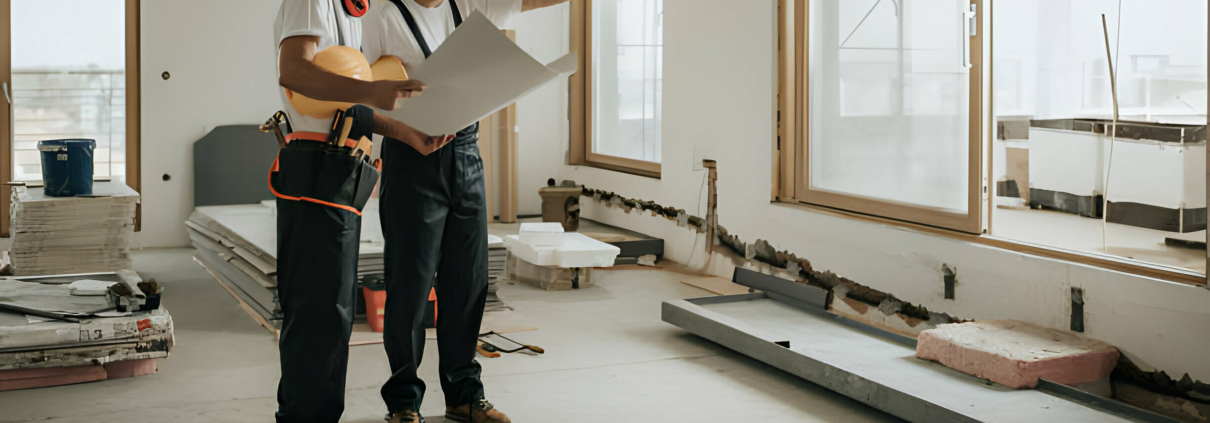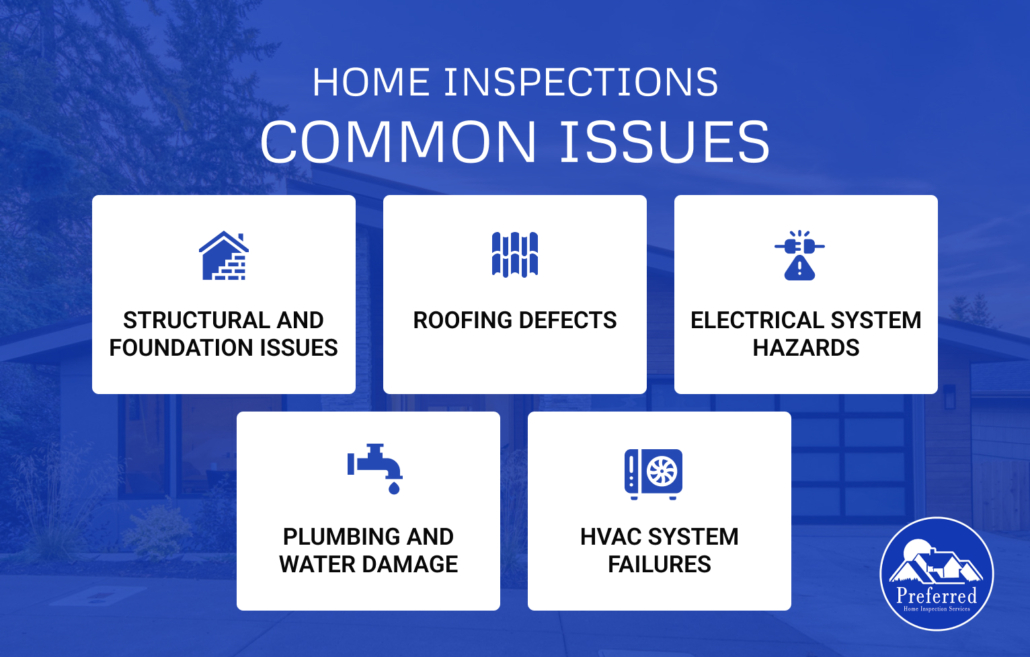You’ve just signed the papers on your dream home. The paint still smells fresh, the floors gleam without a single scuff mark, and every fixture sparkles under the perfectly installed lighting. It’s a brand-new construction home, built to the latest codes and standards. Surely, this means you can skip the home inspection, right? After all, what could possibly be wrong with something that’s never been lived in?
If you’re nodding along, you’re not alone. This thinking is incredibly common among homebuyers, but here’s the truth that might surprise you: new construction homes need professional inspections just as much as older homes do. In fact, some of the most significant issues we discover as home inspectors are found in properties that are fresh off the construction line. Skipping an inspection on your new build could be one of the costliest mistakes you’ll ever make— and it’s exactly why new construction homes need inspections.
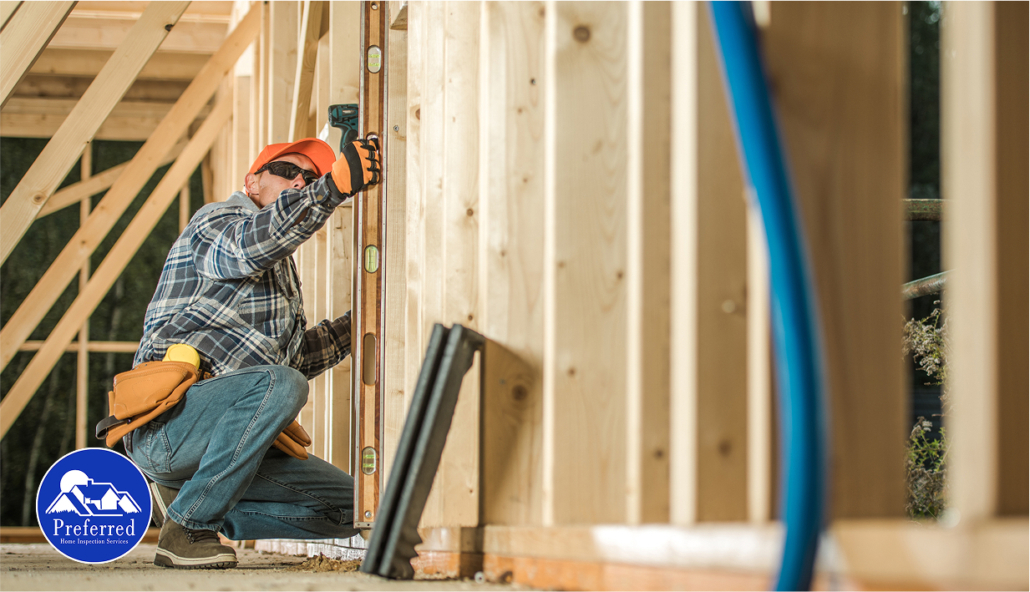
The Dangerous “New Construction Myth”
Something about the word “new” creates a false sense of security. We associate it with perfection, reliability, and freedom from problems. When it comes to homes, this bias becomes particularly strong because you’re investing hundreds of thousands of dollars in what appears to be a flawless product.
What many buyers don’t realize is that building codes represent minimum standards, not marks of excellence. A home can pass all required inspections and still have significant issues that will cause headaches and drain your wallet down the road. Municipal inspectors are overworked, often reviewing dozens of properties each week, and they focus on major safety violations rather than the nuanced problems that can affect your daily life and long-term investment.
Today’s construction industry operates under intense time pressures. Builders face tight deadlines, weather delays, and labor shortages. When crews rush to meet deadlines, mistakes happen. Shortcuts get taken. Details get overlooked. These aren’t necessarily signs of malicious intent—they’re simply the reality of an industry where time truly is money.
The assumption that new equals perfect has left countless homeowners facing expensive surprises within their first year of ownership.
What We Actually Find in “Perfect” New Homes
The reality of what we discover during new construction inspections might shock you. These aren’t minor cosmetic issues—these are serious problems that affect safety, functionality, and your wallet.
Electrical systems top our list of problem areas. We regularly find GFCI outlets that aren’t properly wired, circuits that are overloaded before you even move in, and electrical panels that don’t meet current safety standards. Just last month, we discovered a new home where the main electrical panel had loose connections that could have caused a fire within the first year of occupancy.
Plumbing issues appear with alarming frequency. Hidden leaks behind walls, improperly sloped drain lines that will cause backups, and water pressure problems that weren’t apparent during the final walk-through create ongoing headaches.
HVAC problems can be particularly costly to address after you’ve moved in. We regularly find ductwork that’s disconnected in crawl spaces, systems that are incorrectly sized for the home, and ventilation issues that will lead to humidity problems and poor air quality. These aren’t just comfort issues—they’re health and efficiency problems that will cost you money every month in energy bills.
Even structural concerns aren’t uncommon in new construction. Foundation settling issues, improperly installed support beams, and framing problems that could affect the home’s long-term stability might not be immediately apparent, but they can lead to expensive repairs and even safety hazards over time.
Understanding the difference between cosmetic imperfections and serious functional or safety issues is crucial. A small paint touch-up is annoying but manageable. A hidden plumbing leak or electrical hazard is a completely different story that demands immediate attention.

Your Financial Protection Depends on It
Many buyers assume that builder warranties will cover any issues that arise, but warranties have limitations, exclusions, and expiration dates. More importantly, warranty claims often require you to prove that the problem wasn’t caused by your own actions or normal wear and tear.
When you identify issues before closing, you have tremendous leverage. The builder wants to close the sale, and addressing problems at this stage is typically straightforward and cost-effective. However, once you’ve closed and moved in, you’re now dealing with warranty departments, scheduling conflicts, and the hassle of living in a construction zone while repairs are made.
Consider the financial reality: that electrical problem we mentioned earlier? If discovered before closing, the builder fixes it as part of completing the home to proper standards. If discovered six months after you move in, you’re now dealing with warranty claims, potential disputes about coverage, and the disruption of having electricians working in your occupied home.
A professional inspection typically costs between $300-$500, depending on the size and complexity of your home. Compare that to the thousands of dollars you might spend addressing major issues that could have been caught and resolved before closing. We’ve seen buyers save tens of thousands of dollars by investing in a thorough inspection before finalizing their purchase.
The math is simple: a small upfront investment protects you from potentially massive expenses down the road.
Peace of Mind Is Priceless
Beyond the financial protection, knowing exactly what you’re buying provides invaluable confidence. A professional home inspection gives you an objective, third-party assessment of your investment. We’re not emotionally invested in the sale, we’re not under pressure to close the deal, and we’re not trying to minimize problems to keep things moving.
When you receive your inspection report, you’re getting a comprehensive understanding of your home’s current condition. This documentation becomes invaluable for maintenance planning, warranty claims, and even future resale value. You’ll know which systems to monitor, what maintenance schedules to follow, and what potential issues to watch for as your home ages.
Most importantly, you’ll move into your new home with confidence. Instead of wondering if that strange noise is normal or worrying about hidden problems, you’ll have the peace of mind that comes from knowing a trained professional has thoroughly evaluated your investment.
Don’t Let “New” Fool You
Your new construction home represents one of the largest investments you’ll ever make. The assumption that “new equals perfect” has cost countless homeowners thousands of dollars in unexpected repairs and untold stress dealing with problems that could have been prevented.
Every home, regardless of age, deserves the scrutiny of a professional inspection. Your future self will thank you for taking this crucial step to protect your investment, your family’s safety, and your peace of mind.
Ready to schedule your new construction inspection? Contact us today to ensure your dream home doesn’t become a nightmare of unexpected problems and costly repairs. When it comes to your family’s safety and your financial future, thorough inspection isn’t just good advice—it’s absolutely essential.



